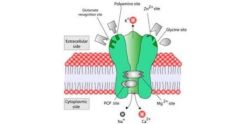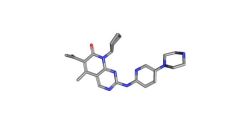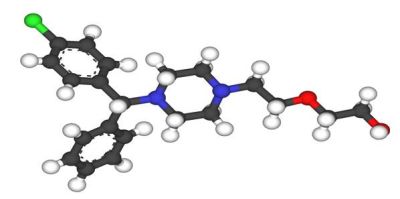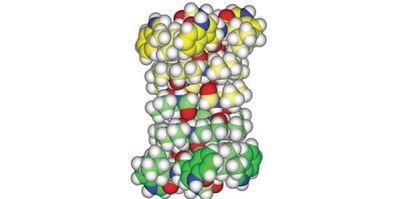A research team from the University of British Columbia has set out on making the use of heparin much safer by developing a universal antidote.
Heparin, a lifesaving blood thinner that is used in major surgeries and treatment of heart disease, often requires an antidote to reverse its action and prevent serious bleeding issues in major surgical procedures. While there are a dozen approved heparin products on the market, finding an approved drug that actually reverses the effect of heparin is not easy. In fact, two of the most commonly prescribed heparins, the low-weight molecular heparins and fondaparinux, currently have no medically approved antidote. The primary reason is that there is no synthetically-made blood thinning reversal drug that works with all varieties of heparins. Moreover, the drugs are fairly toxic with the level of toxicity varying from patient to patient.
That is why researchers from UBC are working towards finding a simple solution: a synthetic antidote that works with all heparins. The team was led by Jayachandran Kizhakkedathu, a Michael Smith Foundation Health Research Scholar with UBC's Department of Pathology and Lab Medicine, Centre for Blood Research and the Department of Chemistry. The antidote has been successfully tested in small animals and could potentially be a breakthrough for both cardiothoracic surgery and the treatment of anticoagulant-related bleeding problems.
According to Kizhakkedathu, "Heparin is the second most prescribed drug after insulin. Our universal heparin antidote addresses an unmet clinical need. It has potential to benefit all patients undergoing high-risk surgical procedures and treating bleeding complications."
Kizhakkedathu also points out that the antidote offers consistency in health effects and performance and also avoids possible immunological reactions that have often been associated with antidotes of biological origin.
The research has been published in Science Translational Medicine. The UBC team plans to continue lab research with the antidote and are hoping to test it in humans within three to five years.
Source: University of British Columbia
Image Credit: Wikimedia Commons























